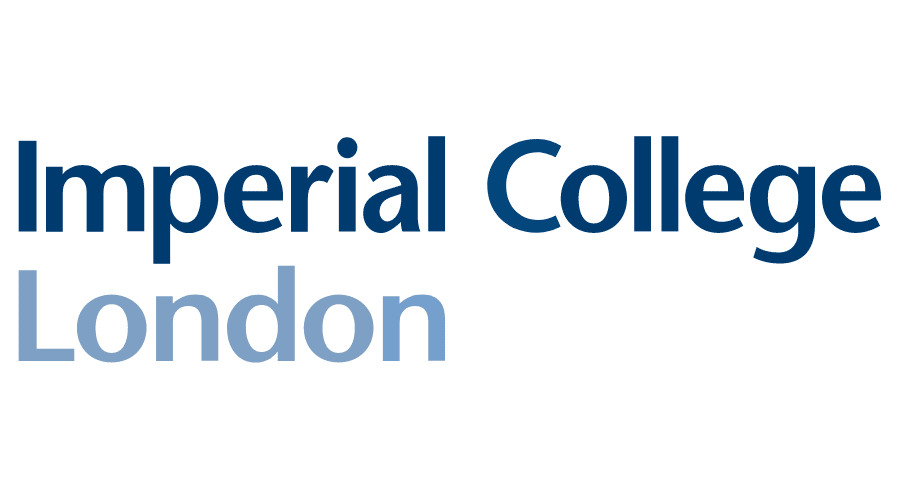Module 1 – 9th to 10th October 2023
Module 2 – 30th November to 1st December 2023
Research is a core principle of the NHS. Research activity improves patient care yet is complex to carry out and requires a wide range of skills. This course is designed to introduce some of the core skills required to carry out research successfully. This is a short course and it is not designed to cover everything. It is no replacement for a Masters level degree, but provides an excellent grounding prior to undertaking such a course.
It is also suitable for clinicians who want to improve their understanding of research. Some of the critical underpinning skills required for performing high quality research have been selected to get you started. Other knowledge, such as research methodology, is not covered in any detail, primarily because this can be learnt from text books and requires less guidance from a tutor. Equally issues such as recruitment, data collection, management and analysis are all better tackled when you are ready to undertake them.
The course is offered in two 2 day modules. The gap between the modules is intended to allow you time to use and develop the skills taught during days 1 and 2, and to spend time developing a research question and start to formulate a proposal.
Course aims
The course aims to enable participants to:
Module 1
- Search the literature comprehensively, in order to research the published literature prior to developing research or audit projects. Also to enable participants to find appropriate papers for journal club review.
- Understand the commonly used terms and statistical techniques, and to interpret statistics used in quantitative research.
- Critically evaluate research papers so they can assess the value of the available evidence, and ensure it is incorporated into practice.
- Understand the processes required to set up a research project in clinical practice and appreciate why governance is required and what ethics committees look for in applications.
- Describe the stages involved in developing and completing a research project successfully, and describe the purpose and content of a research protocol/proposal.
- Understand the value of involving the patients and public in the research process.
Module 2
- Apply an evidence-based approach to the selection of outcome measures which are psychometrically robust and clinically practical.
- Begin to understand qualitative research designs and methods of analysis.
- Describe the stages involved in preparing a grant application and appreciate some of the challenges faced.
- Understand the relevance of assessing the impact of research.
- Identify strategies to disseminate research results and findings, and to prepare successful conference presentations and papers for submission to peer review journals.
Location: online For more information and detailed program visit the website.
Date:
Module 1 – 9th to 10th October 2023
Module 2 – 30th November to 1st December 2023
Published in GI-Mail 09/2023 (English edition).
- Do you already know our monthly newsletter GI-Mail with useful tips on postgraduate courses?
Sign up here. - Are you looking for vacancies or new career challenges? Here you will find the latest vacancies and job offers.
- Do you already know our monthly job-information GI-Jobs with current job offers for doctors, managers and nurses? Sign up here.
- Are you interested in up to date postgraduate courses and CME? In our education database »medicine & health« you will find new education events from over 2300 organizers.

